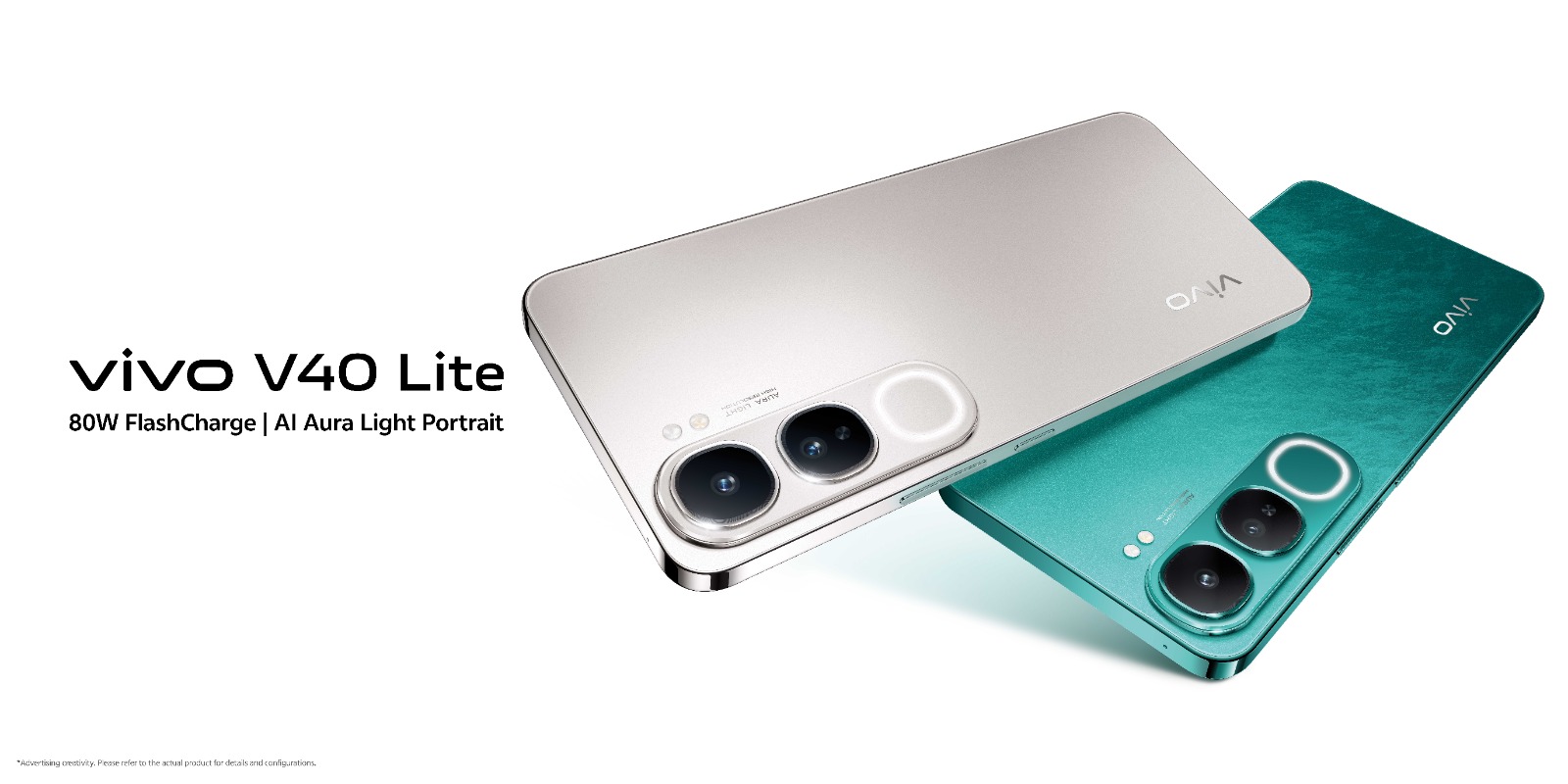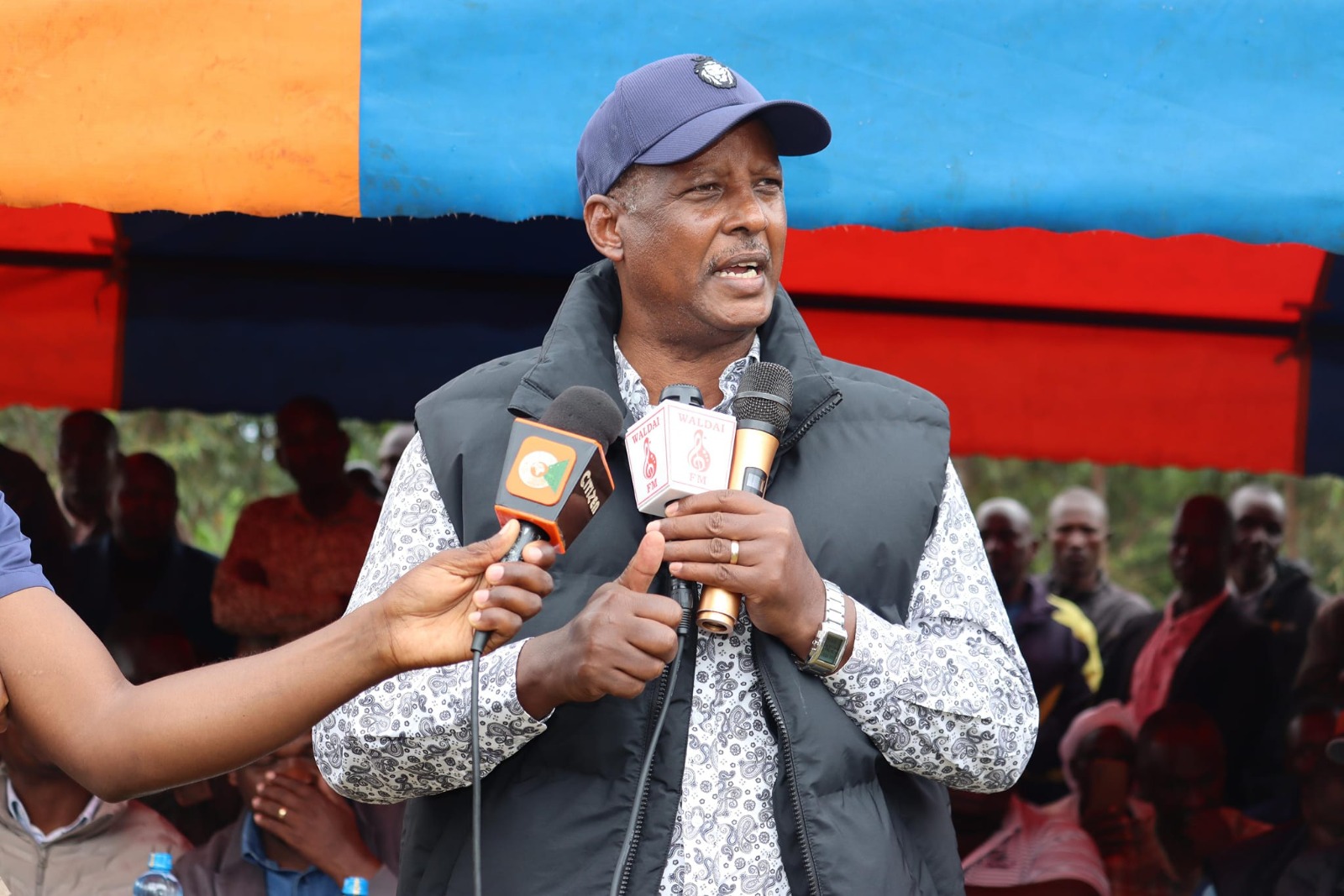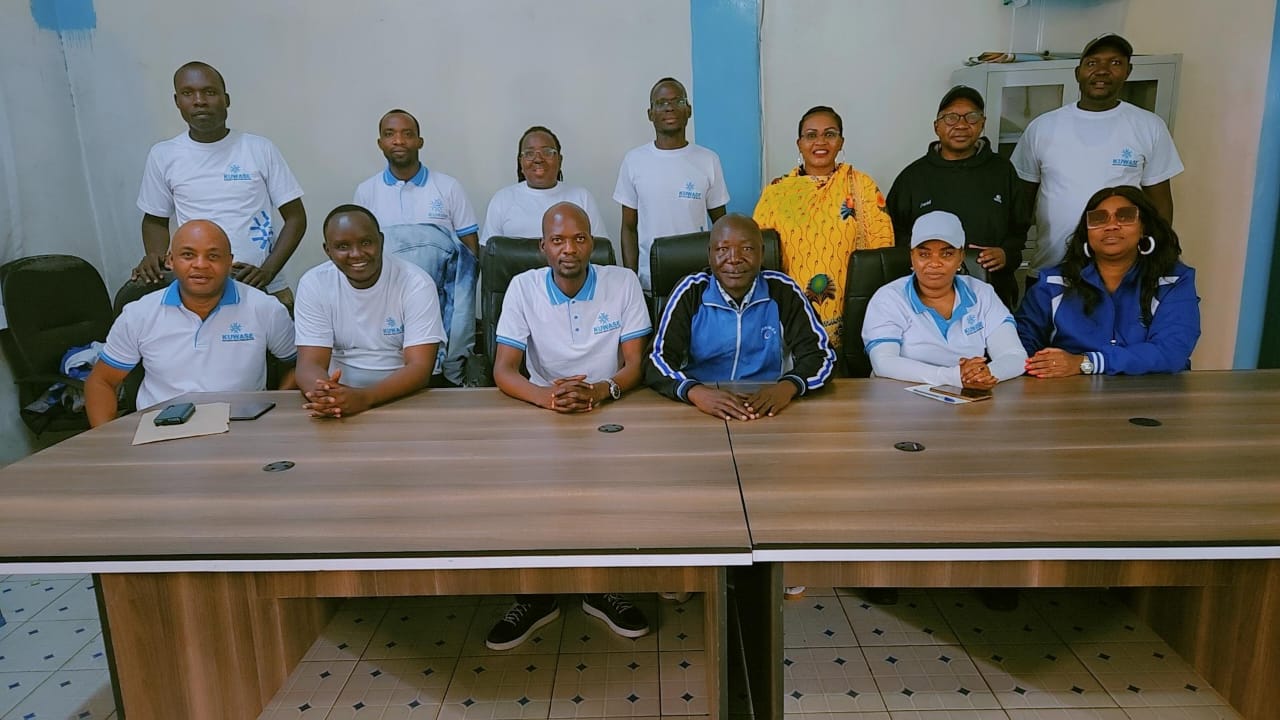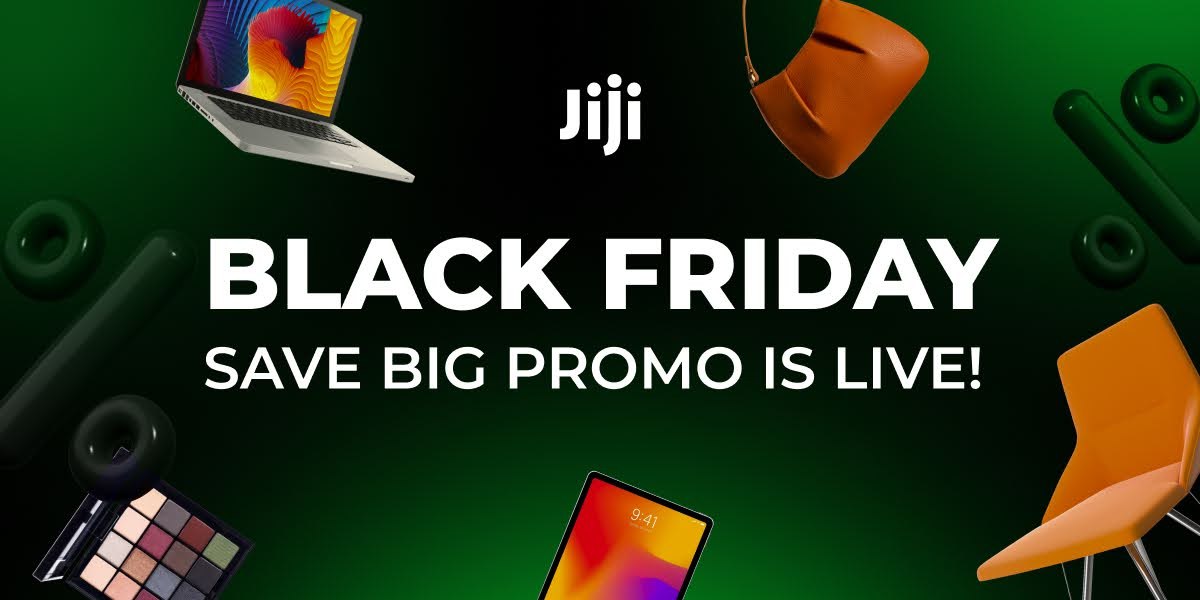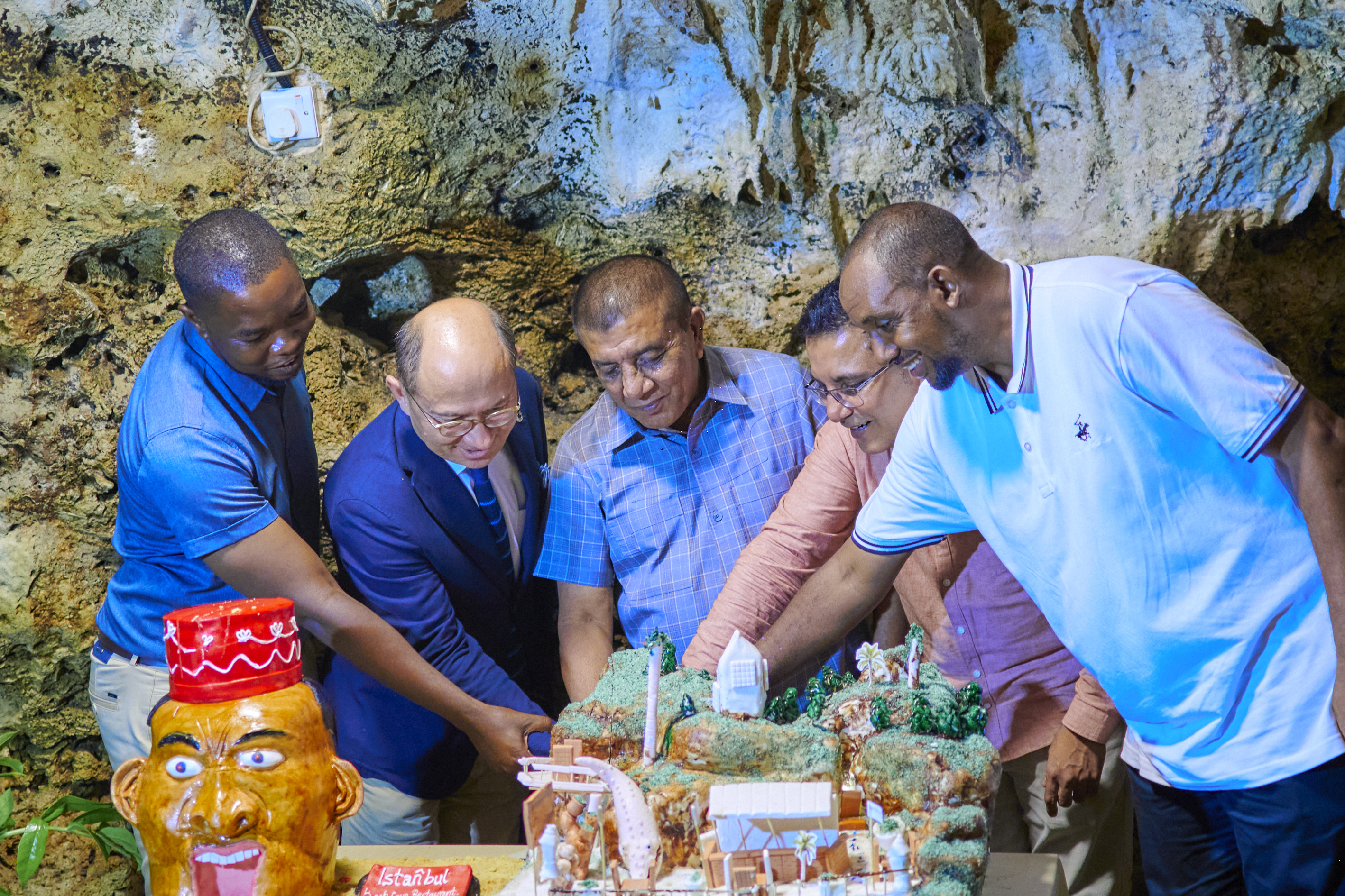Understanding the Value of Emotional Exchange
Relationship currency refers to the metaphorical “value” we deposit into relationships

By Dr Ekrah Ndungu
Yesterday I was wondering what to write about this week, as I was scrolling my shared group with CEOs, One CEO shared a post, the post read BEWARE. I was like BEWARE what…oh the article went on “Those who crown Kings do not look like Kings”.
That triggered my interest to read the post from Sarah Karingi popularly knowns as the Queen of Networking. Sarah Karingi is a seasoned serial entrepreneur and health freak. She runs multiple businesses; one being Sarma Ent reprises.
The post went on to share about a man who wrote a book but didn’t have the funds to publish it. When he went to a Millionaire to fund him. The Millionaire gave him a blank piece of paper then asked him to write 10 people who can give him 100dollars each.
Surprisingly he couldn’t write even 3 names. The Millionaire looked at him and told him you MUST learn the value of building relationships. And that led to my today’s article on Relationship Currency.
Relationships are very important even for our well-being. The future pandemic is predicted to be mental health. Value friendships, Value people.
In today’s fast-paced, interconnected world, relationships—whether romantic, familial, or professional—are often seen as vital assets. However, much like any other form of capital, relationships require an investment of time, energy, trust, and reciprocity to thrive. This idea can be captured through the concept of “relationship currency.” In the same way that financial transactions involve the exchange of money for goods and services, relationship currency represents the emotional and practical investments that individuals make in each other, building a sense of mutual support, understanding, and value.
What is Relationship Currency?
Relationship currency refers to the metaphorical “value” we deposit into relationships. It is the intangible but essential exchange of emotional resources such as empathy, love, kindness, respect, time, and effort. These deposits build trust, strengthen bonds, and sustain the relationship over time. Just as financial currency is used to facilitate trade and create value in the material world, relationship currency acts as a medium that allows individuals to foster connection, resolve conflicts, and achieve mutual goals.
Forms of Relationship Currency
Relationship currency can take various forms, depending on the nature of the relationship. Some common “currencies” include:
Time: Giving someone your undivided attention, whether it’s spending quality time together or actively listening during a conversation, is one of the most valuable forms of emotional investment. Time shows others that you prioritize their presence and value their company.
Emotional Support: Offering comfort, understanding, and encouragement during times of need is a key component of any relationship. Being emotionally available and supportive strengthens bonds and fosters a sense of safety.
Acts of Kindness: Small gestures, like making someone a cup of tea or offering help with a task, are investments in the relationship that show thoughtfulness and care.
Trust: Trust is the foundation of all successful relationships. Building trust requires consistent honesty, reliability, and openness. Once trust is established, it acts as a form of “capital” that can be drawn upon when times get tough.
Shared Experiences: Engaging in activities together—whether it’s traveling, trying new things, or simply sharing a meal—creates memories that deepen emotional ties. Shared experiences provide a sense of belonging and connection.
Respect and Appreciation: Demonstrating respect and appreciation for the other person’s qualities and contributions builds a sense of self-worth and mutual admiration, enhancing the currency exchanged between individuals.
The Concept of Emotional ROI (Return on Investment)
In any relationship, there is often a desire to see a return on the emotional investments made. Just as an investor expects returns from their financial assets, individuals may seek emotional returns from their relationships—whether that means support during difficult times, shared joy during celebrations, or simply companionship.
However, unlike financial markets, emotional ROI is not always immediate or predictable. Relationships evolve, and investments may not always yield immediate results. In healthy relationships, both parties understand that their emotional deposits contribute to long-term, sustainable bonds. When one person gives and the other reciprocates, the relationship grows in strength. If the investment feels imbalanced over time, resentment can build, signaling the need for a recalibration of efforts and communication.
Imbalance in Relationship Currency
Like any form of currency, relationship currency can lose value if it is not carefully managed. In an unbalanced relationship, one person may feel like they are giving more than they are receiving, which can lead to frustration and emotional depletion. Conversely, someone may take more than they give, creating an unhealthy dynamic of dependency or exploitation.
This imbalance can manifest in different ways, such as one partner always making the effort to reach out or one person constantly shouldering the emotional burdens of the relationship. In such cases, the value of the relationship diminishes for the person who feels undervalued or drained.
It is essential for individuals to regularly assess the “balance sheets” of their relationships—whether romantic, familial, or platonic. Open communication, setting boundaries, and understanding each other’s needs can help restore balance and maintain the emotional capital invested in a relationship. In case of the relationship becoming dysfunctional shut the door gently life might make you use the same door again.
The Role of Reciprocity
At its core, relationship currency is about reciprocity—the give-and-take that occurs between individuals. Healthy relationships thrive on the understanding that both parties contribute to the bond in meaningful ways. Reciprocity doesn’t always mean a perfect balance of give and take, but it does involve a general sense that both individuals are willing to invest and benefit from the relationship.
In some cases, reciprocity can even look different for each individual. For example, one partner may invest more emotionally, while the other may contribute through acts of service or physical presence. The key is that both individuals feel seen, heard, and appreciated in their unique ways.
In the world of relationships, emotional investments are as valuable—if not more so—than financial ones. Relationship currency represents the trust, time, empathy, and energy that individuals exchange to strengthen their bonds and nurture connection. By understanding the value of relationship currency and working to maintain balance and reciprocity, individuals can create relationships that are both fulfilling and sustainable over the long term.
Ultimately, relationships—like any form of capital—require care, attention, and effort to flourish. The more we invest in understanding each other’s needs and giving freely of ourselves, the richer our connections become. “It takes one recommendation to change your story”
Sarah Karingi’s post reminded us “Value the least person,because,that might be the one to wear you the crown”
There’s a popular quote that says, “give the janitor the same respect you’d give to a CEO” Your relationship currency will be your life’s turnaround. This week build meaningful and sustain them.

